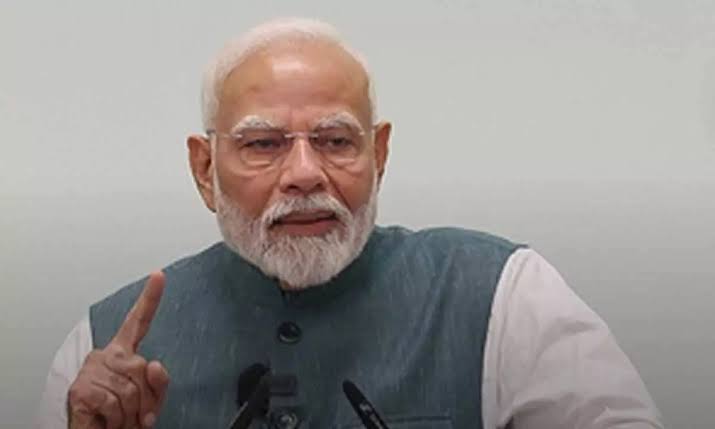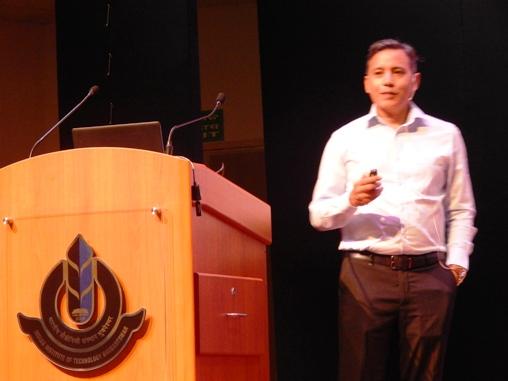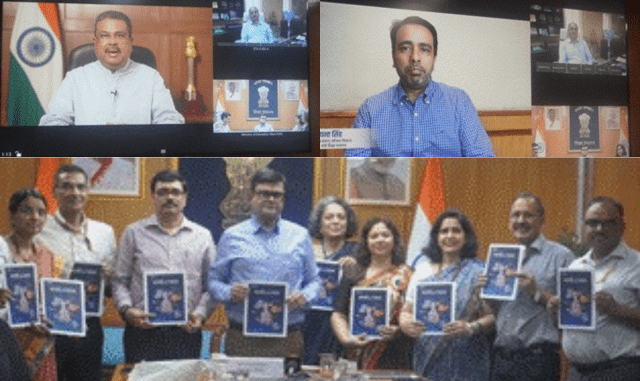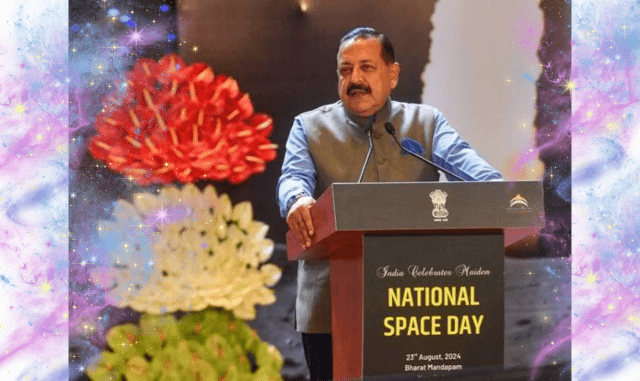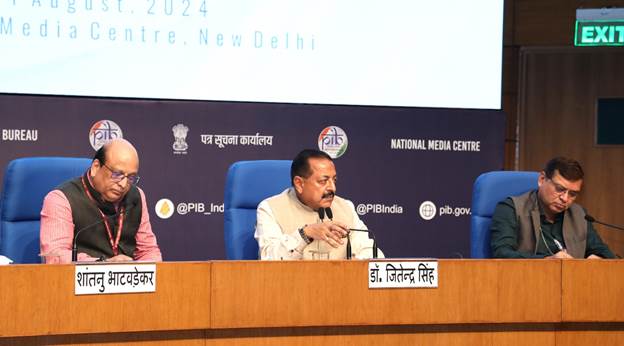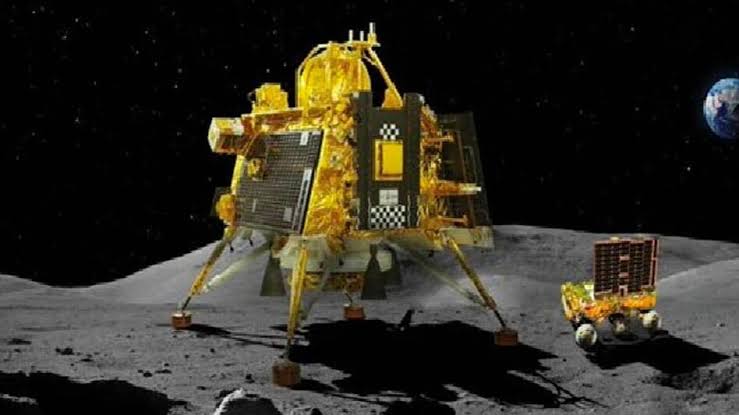Delhi: The success of Chandrayaan-3 is not an exception, but a result of the development of India’s social, cultural and scientific trend. This was stated by Raksha Mantri Shri Rajnath Singh during a discussion on the success of Chandrayaan-3 mission and other achievements of the nation in the space sector in the Lok Sabha on September 21, 2023.
The Raksha Mantri described the success of Chandrayaan-3 as a testament to the robust scientific ecosystem taking shape in the country. “Chandrayaan-3 shows that science education is improving in our schools & colleges and industries are producing & supplying quality products. Efforts were also made by previous governments. Therefore, everyone who has contributed towards developing scientific temperament within the nation deserves congratulations,” he said.
Shri Rajnath Singh termed Chandrayaan-3 as a huge achievement for the entire nation and stated that there are many developed countries which, despite being more resource-rich, are trying to reach the Moon, while India has become the first country to reach the South Pole of the Moon with limited resources. He credited the success to the intellectual prowess and dedication of ISRO scientists towards the development of the nation. India is today among the leading nations in the field of science due to their relentless efforts, he said.
The Raksha Mantri pointed out that of the 424 foreign satellites launched by India so far, 389 have been launched in the last nine years of the government led by Prime Minister Shri Narendra Modi. He added that with the successful launch of foreign satellites, India’s space sector is rapidly gaining a prominent place in the world.
Shri Rajnath Singh emphasised that while science is crucial for the development of a nation & humanity at large, culture holds equal importance. He voiced the government’s resolve to provide equal importance to both aspects. “Science is value neutral. It can give us knowledge of nuclear power, but it is our culture which tells us whether we use that power in the form of energy for our own development or in the form of a weapon to destroy others. It doesn’t matter how much progress science makes, it will remain incomplete without culture and values. As Martin Luther King said: ‘Science gives man knowledge, which is power. Religion gives man wisdom, which is control’. Those who say that we should get rid of our culture and adopt science, they must understand that culture and science complement each other,” he said.
“The sources of this success are hidden in our past, when there was harmony between science and faith. Due to the foreign invaders, there was a halt in our progress, but now we are once again roaring with more strength than before and are ready to touch the sun, moon and stars,” the Raksha Mantri said.
Shri Rajnath Singh stressed the importance of cultural security, describing it as equally important to border, space, cyber, economic, social, food, energy and environmental security. He stated that cultural security is necessary to maintain the identity of a nation and the government, while giving importance to Indian cultural heritage, is as serious about cultural security as it is about security issues. No nation has made economic, social, political and scientific progress without cultural renaissance, he stated, adding that to take our nation forward, it is imperative to learn from India’s own culture.
“Our faith & culture is of inclusive nature. Our cultural nationalism teaches us the concept of the brotherhood of all humanity. Despite geopolitically difficult global circumstances, we successfully organised the G-20 summit and ensured consensus on the New Delhi Declaration. Behind this is the message given by our Prime Minister Shri Narendra Modi: ‘One World, One Family, One Future’. This feeling of India’s global brotherhood was evident when the Prime Minister termed the G-20 as not just India’s success, but that of the entire world,” the Raksha Mantri said.
Shri Rajnath Singh also credited the success of Chandrayaan-3 mission to India’s Nari Shakti, commending their dedication & sacrifice to provide a new identity to the nation. He termed the ‘Nari Shakti Vandan’ Bill as a gift by a grateful nation to the women scientists of ISRO along with the entire female scientific community.
The Raksha Mantri opposed the notion that the achievements in space do not have any impact on the people. “There is multidimensional use of our space missions, which has a huge impact on the people as well. For example, better predictions of cloudbursts etc. will be beneficial for our farmers. Better prediction of cyclones will be beneficial for those living in coastal areas & fishermen. More importantly, space missions to the Moon or the Sun help to awaken the scientific temperament in a child living in a remote village. These inspire the young minds to do something in the future,” he said.



